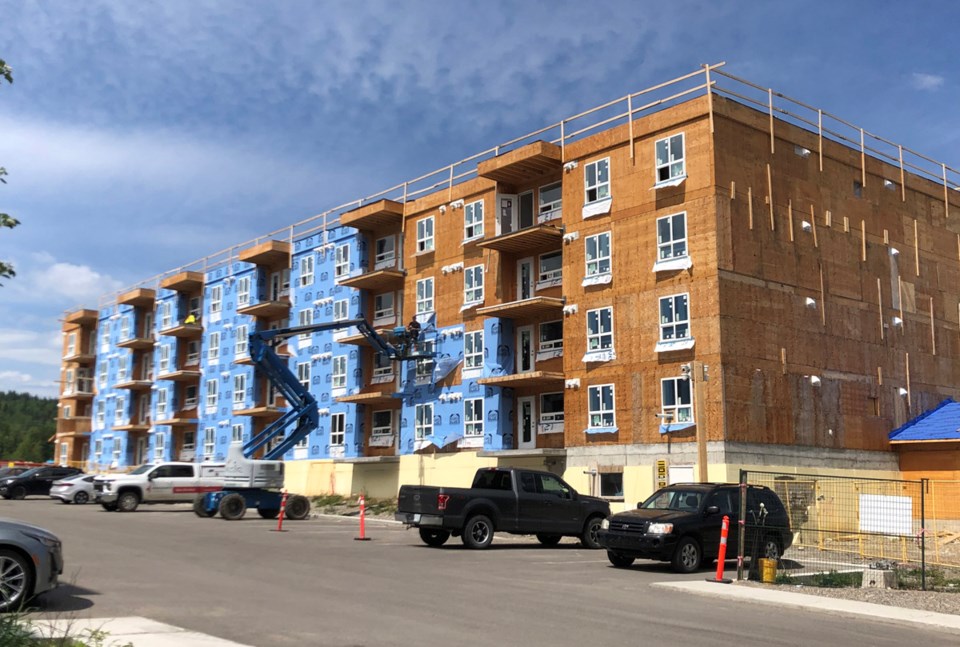Heading into the prime summer construction season, the City of Prince George had issued a total of 125 building permits by the end of May, worth a combined $36.4 million, according to a report to city council on Monday.
That is the lowest number of permits issued and second-lowest value of permits issued by the city between Jan. 1 and May 31 for years between 2018 and 2023. Even in 2020, despite the disruption caused by the outbreak of the COVID-19 pandemic, the city had issued 50 more building permits by May 31.
“When we look at the building permits, it looks pretty dour,” Coun. Garth Frizzell said. “The big building months aren’t behind us, they are in front of us.”
By May 31 of each year, the City of Prince George had issued the following number of building permits:
2023: 125 permits worth $36.4 million
2022: 194 permits worth $116.4 million
2021: 222 permits worth $108.2 million
2020: 175 permits worth $34.6 million
2019: 209 permits worth $53.9 million
2018: 176 permits worth $52.8 million
Data for 2018 to 2020 came from a report to city council in June 2020.
To date this year, the city has seen a drop in permits for new residential and commercial/industrial buildings.
As of May 31, the city had issued permits for 19 new houses, 12 new duplexes, four multi-family developments (apartments and townhouses) and one new mobile home. The city had also issued permits for nine new industrial buildings worth a combined $2.9 million and no new commercial or institutional buildings.
By May 31, 2022, the city had issued permits for 46 new houses, five new duplexes, 11 multi-family developments and 10 mobile homes. The city had also issued permits for 10 new industrial buildings worth a combined $25.5 million, seven new commercial buildings worth a combined $28.6 million and two new institutional buildings worth a combined $0.3 million.
City director of planning and development Deana Wasnik said that the city does have more than 100 active applications for subdivisions, and three proposed developments in College Heights could spur “a large number of building units.”
Coun. Cori Ramsay said the combination of global economic uncertainty, rising interest rates and rising costs of construction could result in development drying up in the city.
“It’s not a good time to build, unfortunately,” she said. “There may be more of this to come…”




